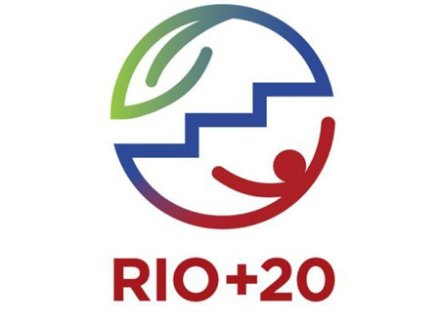-Cross posted from the International Centre for Migration Health and Development (ICMHD) at http://icmhd.wordpress.com/
Rio+20 fails to deliver on Health and Migration issues
As the United Nations Conference on Sustainable Development, also known as Rio+20 or the Earth Summit, wrapped up at the end of last week, responses from experts, media and civil society ranged from lukewarm notes of voluntary commitments made by some countries on the side to outright rejection of the outcome and the conference itself. Overall, world leaders and governments failed to come to a strong agreement that would ensure a safe and just future through a post-2015 sustainable development regime. Instead, they largely spent time hammering out trade agreements and making noncommittal statements about the importance of a broad range of issues.
In terms of migration and health, the Rio outcome document titled “The Future we want”, delivered very little new progress. At the original Earth Summit in Rio in 1992, leaders were committed to developing better modelling and research on migration and the environment, new policies and programmes that would address environmental migrants and displaced people, and stronger capacity to address the needs of environmental migrants. Since then, progress has been mixed, positive examples include the annual Global Forum on Migration and Development and the Global Migration Group, two organisations that improve data, consolidate information, develop strategies, and encourage best practices on links between migration and development.
However, most of the progress made and research done on migration and development has been from a strictly economic perspective. This prioritises working conditions and remittances, which are important, but fails to see migration for what it is: a cross-cutting issue that needs to be addressed in a wide range of sectors, like health. A cross-sectoral approach to migration would allow for a more comprehensive understanding of all the work that needs to be done to protect this often highly vulnerable group of people.
Health outcomes were little better, Health and Population are at least considered a thematic area in the framework for action and follow-up, but the outcome was weak overall, with fewer than half of the paragraphs using “commit” as operative language, favouring weaker language such as “recognise,” “emphasize,” and “reaffirm.” Thankfully, the text did commit countries to consider population trends, including migration, in development planning, though it neglected the important ties between migration, development, the environment, and health.
Language concerning reproductive health, though present, was not as strong as it should have been, largely due to strong objections by the Vatican, an observer state in the process. In her closing remarks last Friday, US secretary of state Hillary Clinton said “while I am very pleased that this year’s outcome document endorses sexual and reproductive health and universal access to family planning, to reach out goals in sustainable development we also have to ensure women’s reproductive rights. Women must be empowered to make decisions about whether and when to have children. And the United States will continue to work to ensure that those rights are respected in international agreements.” Reproductive rights are a fundamental precondition for sustainable development, and migrant and refugee women need special consideration as they face their own unique sets of circumstances that strongly influence their reproductive health.
Despite the failure of the world’s governments to come to a robust agreement last week in Rio, important work on all of the issues of sustainable development, including migrant health, is still being done at a range of different levels.
-Graham Reeder




